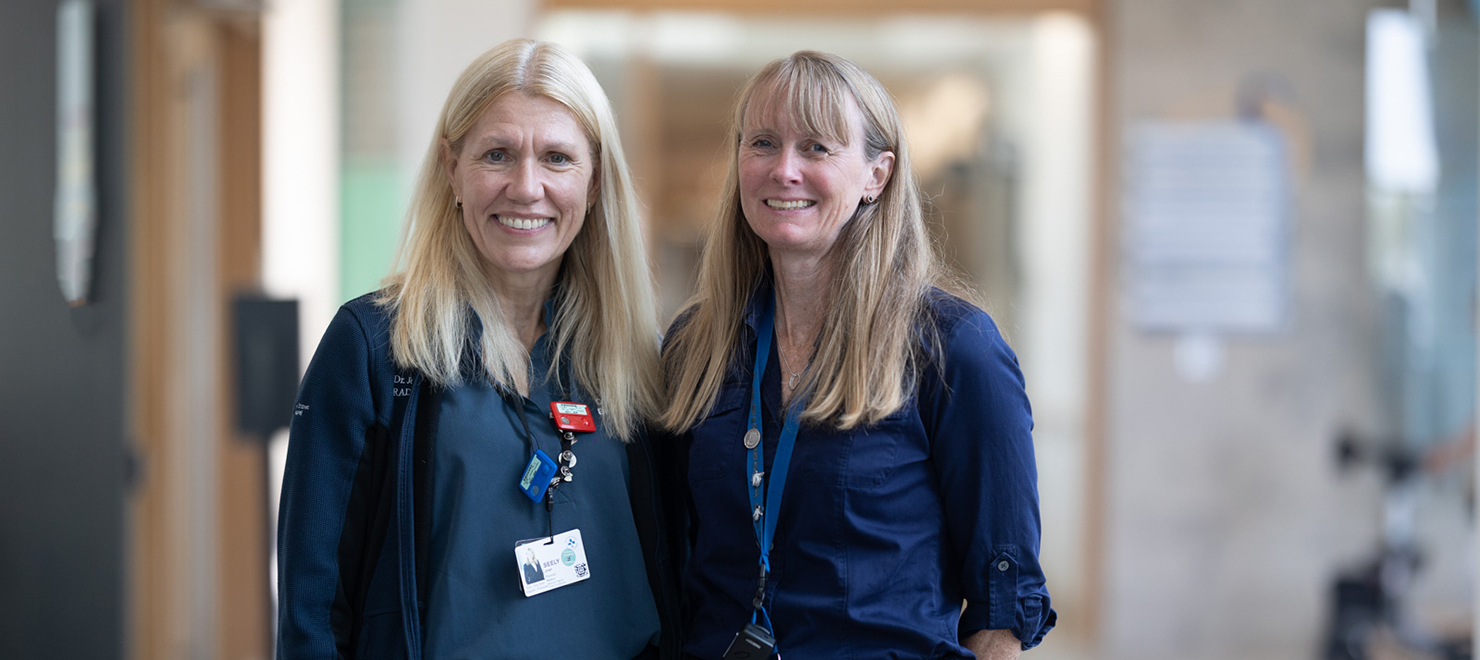
Meet Dr. Jean Seely (left), Head of Breast Imaging, and Dr. Anna Wilkinson (right), family physician and general practitioner-oncologist.
To help detect and treat breast cancer as early as possible, the province has lowered the minimum age to self-refer for regular, publicly funded screenings — from 50 to 40.
As of October 8, eligible Ontarians between 40 and 49 can make an appointment for a routine mammogram at any Ontario Breast Screening Program site without a referral from a primary care provider. All it takes is a phone call or a few clicks.
If you’re looking to book your first mammogram, or even if you’re on the fence about it, check out these frequently asked questions answered by The Ottawa Hospital’s breast screening team.
What is breast cancer screening?
Breast cancer screening detects cancers before there are symptoms, like lumps and skin and nipple changes. Mammograms can detect cancers as small as two millimetres. If you are experiencing symptoms, you no longer require screening — you require diagnosis, and you may need different tests in addition to a mammogram, like an ultrasound. If you are experiencing symptoms, don’t wait — see a health-care provider to be assessed.
What are the benefits of breast cancer screening?
Screening helps diagnose cancers at earlier stages when treatments are more effective and survival is higher. The five-year survival rate for a stage 1 breast cancer is 100 per cent, while for a stage 4 breast cancer (incurable), it is 22 per cent.
And when cancer is diagnosed early, treatments are also much less intensive. Patients diagnosed with early-stage breast cancer are more likely to be able to have smaller surgeries and have less need for chemotherapy.
As well, regular breast cancer screening before the age of 50 has been shown to save lives. Canadian provinces and territories that allow people between 40 and 49 to self-refer for mammograms have better survival rates, according to a study co-led by Dr. Jean Seely, Head of Breast Imaging at The Ottawa Hospital, and Dr. Anna Wilkinson, a family physician and general practitioner-oncologist at The Ottawa Hospital.
Are there any risks?
If you are having your first mammogram, you have a higher chance of getting called back for more images so the radiologist can establish a baseline for your breast tissue. This can be anxiety provoking but does not necessarily mean there is an abnormality. Our breast screening team expects that people who receive their very first mammogram will be recalled about 15 per cent of the time. On subsequent screenings, the recall rate is expected to be about seven per cent.
Screening may also find a cancer that would never have caused you harm in your lifetime if left untreated — this is called overdiagnosis. However, in people 40 to 49 with a long life expectancy and fewer other medical issues, overdiagnosis is minimal.
How do I know if screening is right for me?
If you are between 40 and 49, the Ontario Breast Screening Program encourages you to talk to your primary care provider or a Health811 navigator about your risk for breast cancer, the potential benefits and risks of screening and what matters most to you in taking care of your health.
Am I eligible?
You can self-refer for screening if you are a woman, Two-Spirit, trans or nonbinary person aged 40 to 74 and meet the following criteria:
- Have no new breast cancer symptoms (such as lumps and skin and nipple changes).
- Have no personal history of breast cancer.
- Have not had a mastectomy.
- Have not had a screening mammogram within the last 11 months.
- If transfeminine, have used feminizing hormones for at least five years in a row.
What happens during a mammogram?
A medical radiation technologist will take four X-ray images, two of each breast. Your breast will be compressed between two plates, once vertically and once horizontally. Each compression is gentle and only lasts a few seconds, so it shouldn’t be painful. The whole process usually takes no more than 10 minutes.
Will I be exposed to radiation?
While a mammogram does use radiation, it’s a small dose and the risk of getting cancer from a mammogram is extremely low. In fact, because most of us are exposed to background radiation every day of our lives, the radiation from a mammogram is about the same amount you’re exposed to in your natural surroundings over a period of four to seven weeks.
How often should I get screened?
You will most likely only need to be screened once every two years, but you may be called in for screening every year if you have extremely dense breast tissue (Category D density) or other risk factors.
How do I get my results?
If your results are normal, the Ontario Breast Screening Program will directly notify you by mail. The letter will also include when you should get screened again and information on the density of your breasts.
Breast density is a risk factor for breast cancer and makes cancers harder to see on a mammogram. If you have dense breasts, your mammogram may miss a breast cancer, and you should be aware of any changes in your breast. Even if the mammogram is normal, you should notify your primary care provider, who may request additional diagnostic imaging.
What happens if my results are abnormal?
An abnormal mammogram shows an area of concern that needs a closer look. You will typically be called back for more tests, like another mammogram or an ultrasound, and you may need a biopsy. If your results are abnormal, the screening site will notify your primary care provider and may also help schedule a timely follow-up appointment. If you don’t have a primary care provider, the screening site will assign you a doctor or nurse practitioner who will follow you to diagnosis.
Where can I have my mammogram and how do I book it?
You can call your closest Ontario Breast Screening Program location to make your appointment.
The Ottawa Hospital’s breast screening clinic is located at Hampton Park Plaza at 1419 Carling Avenue, suite 214. If you’d like to have your mammogram at our clinic, please call (613) 728-0777 or 1-800-465-6226 to make an appointment or book your appointment yourself through MyChart. If you are eligible for screening, you will see a notification in your MyChart with easy-to-follow instructions on how to book your appointment.
Not signed up for MyChart? With MyChart, you can communicate with your doctor, access your test results, request prescription refills, manage your appointments and more. Learn more about MyChart and how to get started.
What is the high-risk breast cancer screening program and how do I qualify?
Women, Two-Spirit, trans and nonbinary people ages 30 to 69 who are at a high risk for breast cancer can get screened through the high-risk breast screening program with yearly mammograms and MRIs. To qualify, individuals must have a personal or family history of a gene which increases the risk for breast cancer, or a strong family history of a cancer suggestive of a hereditary syndrome as determined by genetic assessment. Talk to your primary care provider if you think you might be high risk.
How can I learn more about breast cancer screening?
For more information on screening and the Ontario Breast Screening Program, please visit the Cancer Care Ontario website.

Support patient care and research at
The Ottawa Hospital
You might also like…
Watch: Everything you need to know about the common cold
Though researchers have yet to find a cure for the common cold, the advice in this video is not to be sniffed at. Infectious diseases expert Dr. Michaeline McGuinty shares treatments, prevention tips and more guidance to help you through cold season.
Caring for your newborn and yourself: A post-birth guide for parents
Have you just given birth? Are you expecting soon? In this series of videos, Registered Nurse Samantha Adams shares essential advice for those early days at home.
Watch: Demystifying insulin resistance
Insulin resistance is a metabolic disorder that occurs when the body’s cells become resistant to the effects of insulin. In this video, Dr. Cathy Sun, Endocrinologist at The Ottawa Hospital, breaks down the essential aspects of this condition, including four strategies to decrease your insulin resistance.
Understanding menopause: Four things you need to know
Menopause is one of the least understood, yet most prevalent, health conditions in Canada. From common signs of menopause to symptom management strategies, here are four things you should know.
Breast cancer screening at The Ottawa Hospital: What to expect from your mammogram appointment
Is it time for your regular mammogram? Meet the team at The Ottawa Hospital’s Hampton Park Plaza breast screening clinic. When you book your screening mammogram with us, you can expect compassionate service and an efficient appointment (most people are in and out in under 20 minutes!).
Watch: Urologist explains benign prostatic hyperplasia (BPH)
Benign prostatic hyperplasia (BPH) is a prevalent, non-cancerous condition affecting men who are getting older. BPH occurs when the prostate gland is enlarged, which can result in urinary problems that affect daily life and health. In this video, Urologist Dr. Neal Rowe sheds light on BPH, including its symptoms, how it’s diagnosed and treatment options.


 To reset, hold the Ctrl key, then press 0.
To reset, hold the Ctrl key, then press 0.
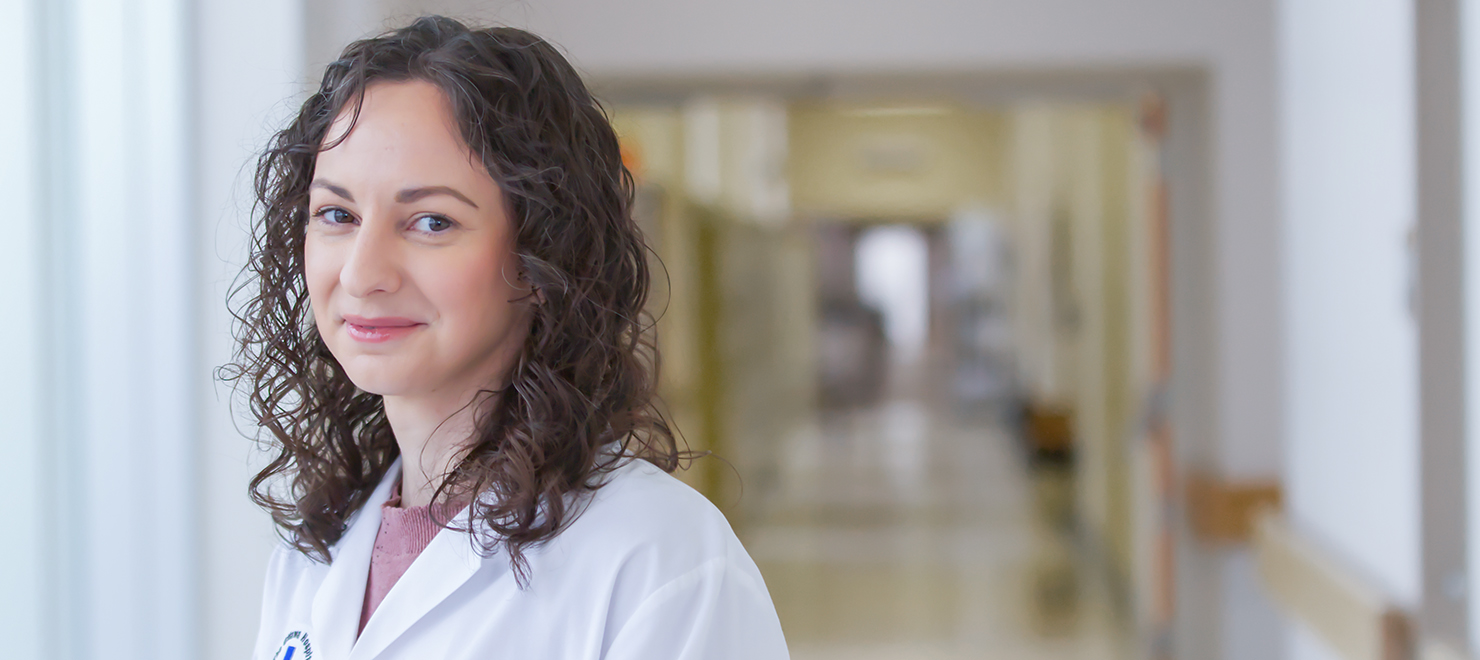
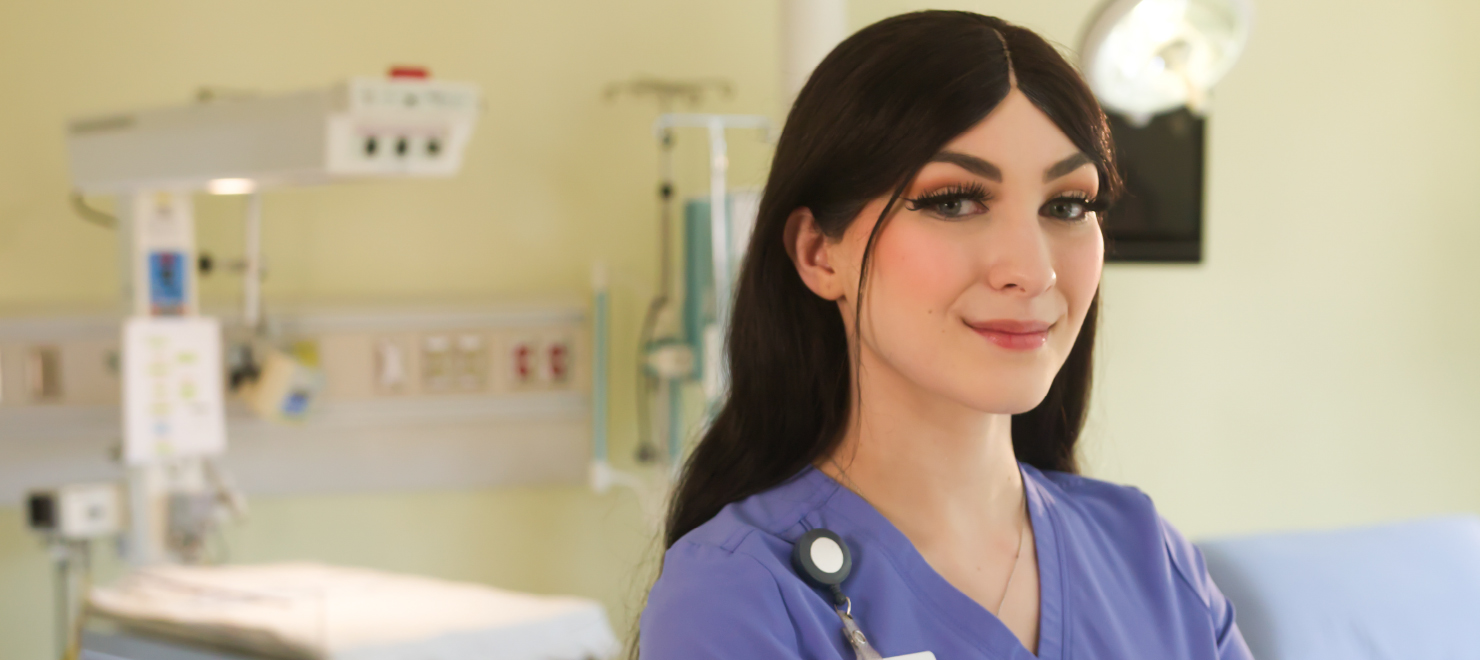
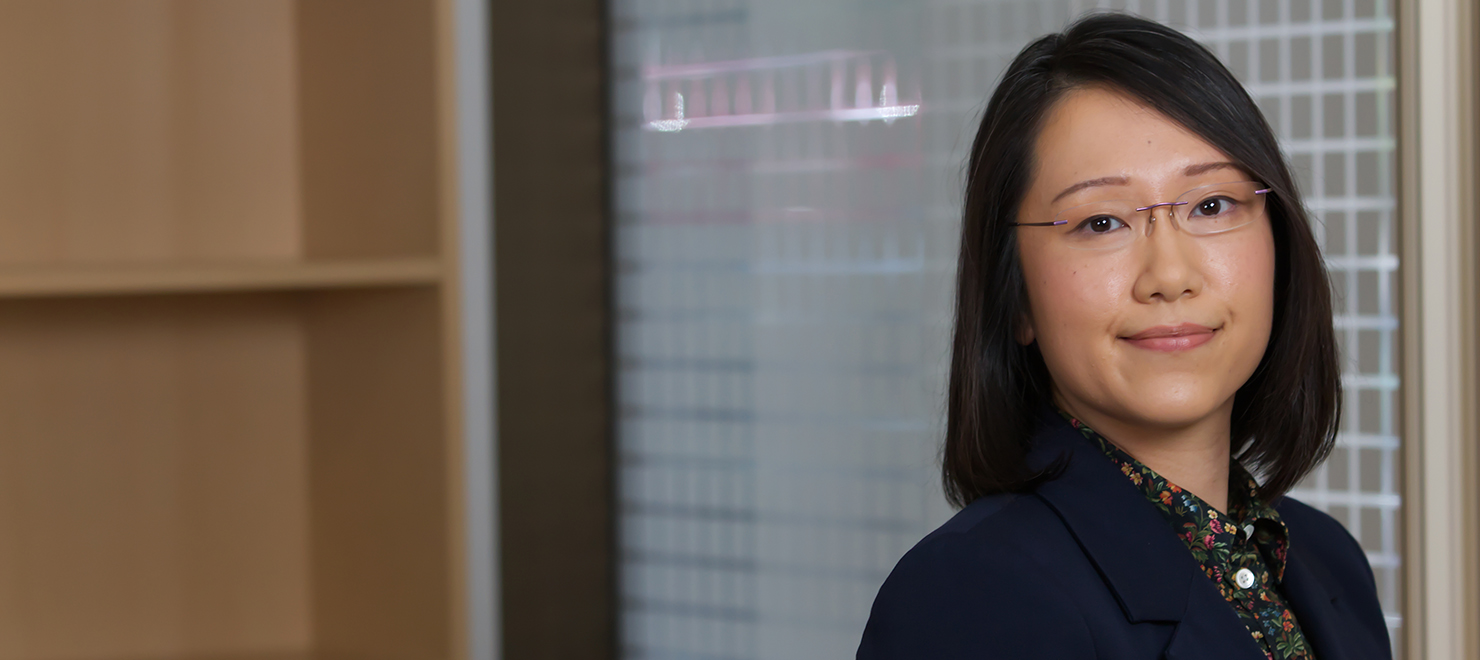
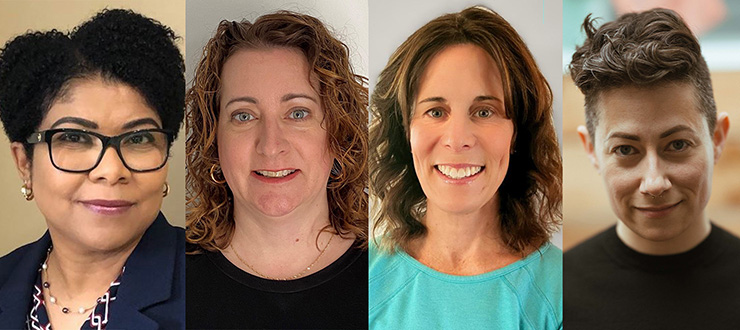
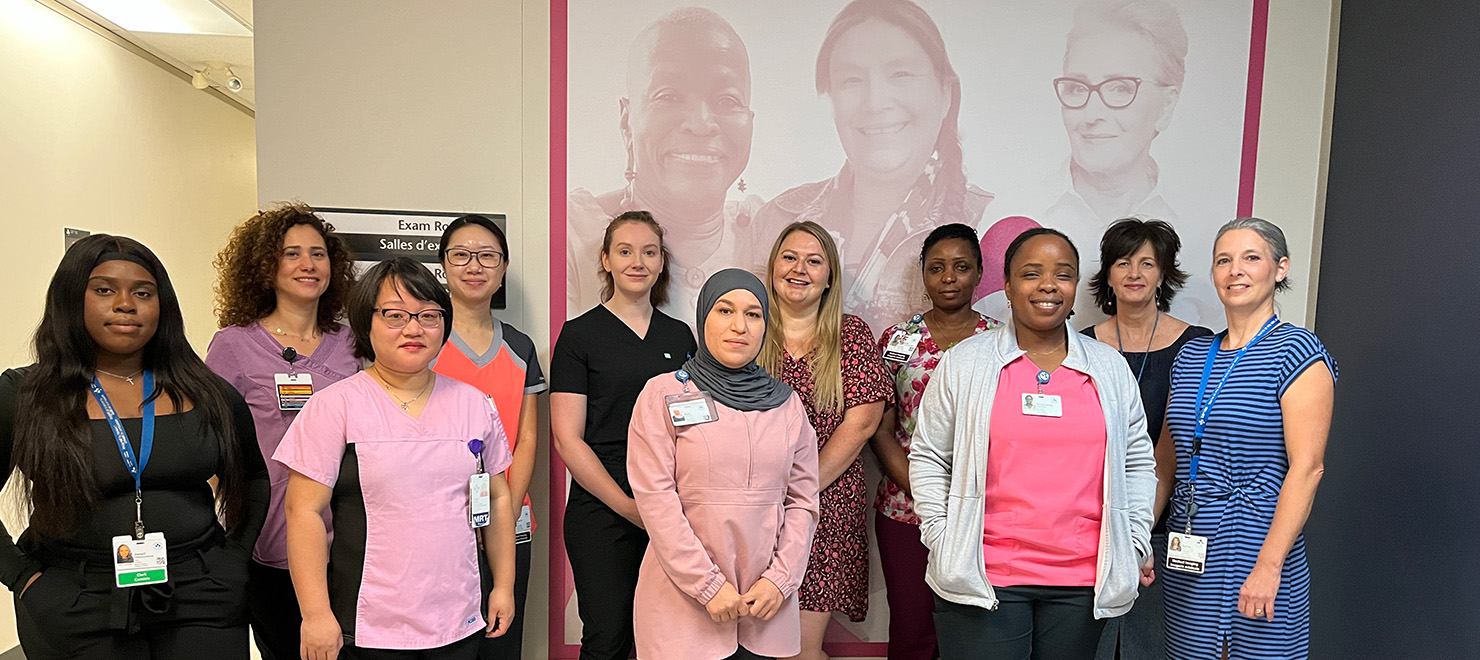
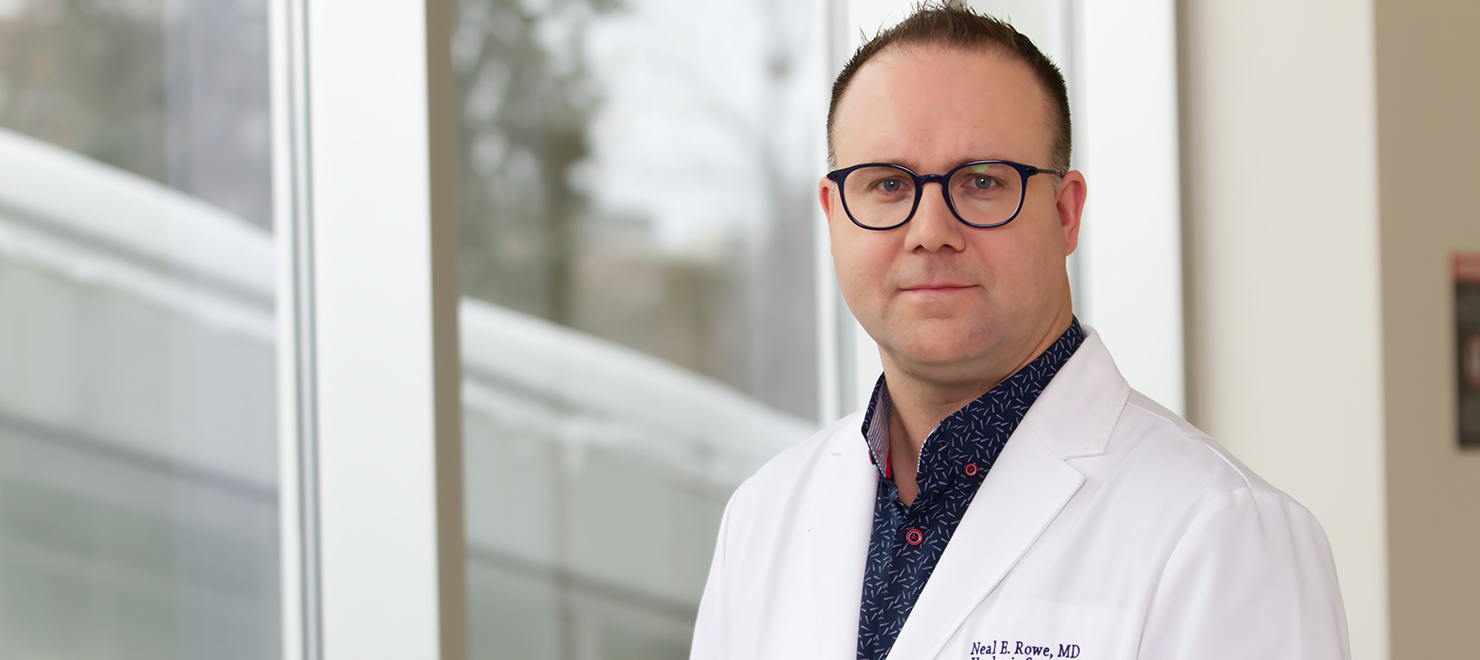
Comment on this post